Troubleshooting an AC compressor not turning on requires checking the power supply and inspecting the connections. If the AC compressor fails to start, check if it is receiving adequate power and examine the wiring for any loose or damaged connections.
An AC compressor relies on electricity to function properly, so ensuring a stable power supply and secure connections is crucial.
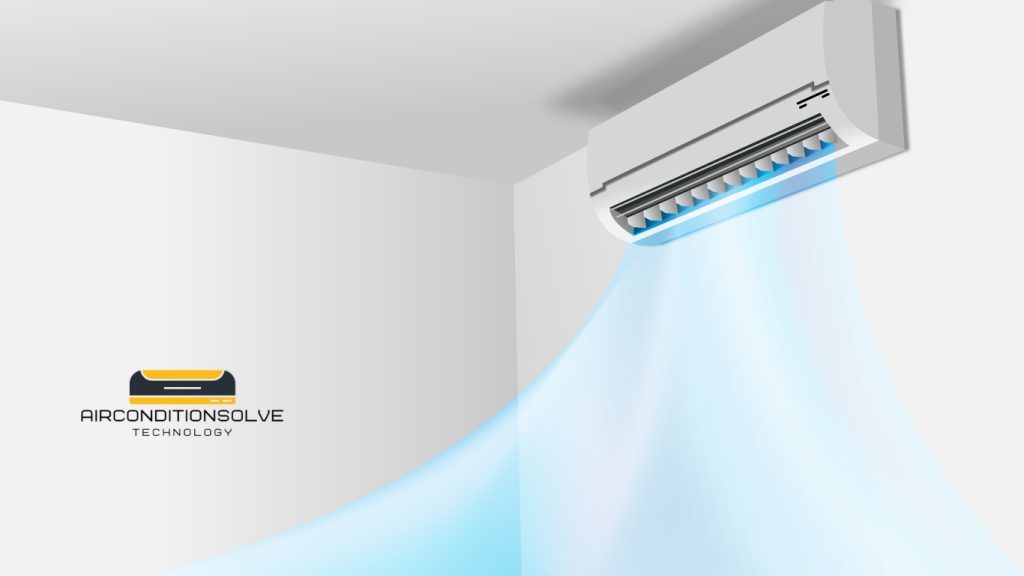
Understanding The Ac Compressor
Understanding the AC Compressor is crucial when dealing with air conditioning issues. The AC compressor plays a vital role in the cooling system. When it fails to turn on, you may experience a lack of cool air, reduced airflow, or even complete AC dysfunction. In this section, we will delve into the parts and functions of an AC compressor and highlight the importance of a properly functioning compressor for the cooling system.
Parts And Functions Of An Ac Compressor
An AC compressor consists of several key parts that work together to provide the cooling effect. Here is a breakdown of the essential components and their functions:
- Clutch: The clutch engages and disengages the compressor from the engine, allowing it to operate when necessary.
- Drive Belt: The drive belt (also known as the serpentine belt) connects the engine to the compressor, transferring power to drive the compressor.
- Compressor Pump: This is the main component responsible for compressing and circulating the refrigerant throughout the system.
- Condenser: The condenser helps dissipate the heat absorbed by the refrigerant and converts it back into a liquid form.
- Evaporator: The evaporator absorbs heat from the indoor air and cools it down, contributing to the cooling effect inside your home or vehicle.
- Expansion Valve: The expansion valve regulates the flow of refrigerant, controlling its pressure and temperature.
- Refrigerant: The refrigerant is the substance that absorbs and releases heat, facilitating the cooling process.
Importance Of A Properly Functioning Compressor For The Cooling System
A properly functioning compressor is essential for an efficient and effective cooling system. Here are some reasons why:
- Temperature Regulation: The compressor is responsible for compressing the refrigerant, which allows it to absorb heat from the indoor air. Without a working compressor, the refrigerant cannot perform its role, leading to inadequate cooling.
- Energy Efficiency: A faulty compressor can consume more energy or cause the system to work harder to achieve the desired temperature, resulting in higher energy bills.
- Air Quality: When the compressor fails to turn on or operates incorrectly, it can lead to poor air circulation, reduced airflow, and potential humidity issues, which can impact indoor air quality.
- Overall System Performance: The compressor is the heart of the air conditioning system. If it malfunctions, the entire system may cease to function, leaving you without cool air during hot weather.
When troubleshooting why your AC compressor is not turning on, understanding its parts and functions is beneficial. Identifying any issues related to the compressor can help you diagnose and repair the problem effectively. Stay tuned for our next section where we will explore common causes of AC compressor failure and potential troubleshooting steps.
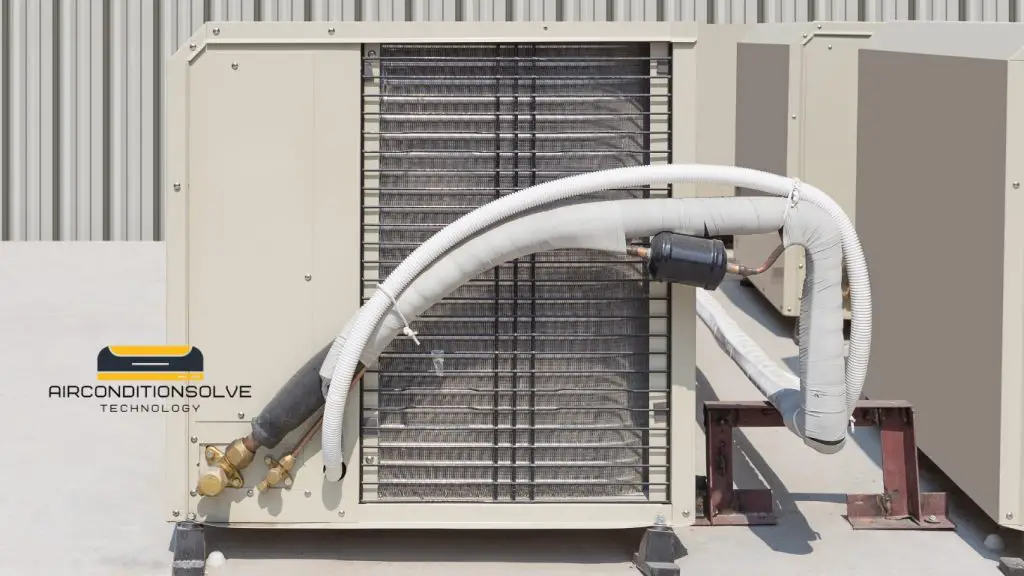
Signs Of A Faulty Ac Compressor
When your air conditioning system fails to cool your home, it can be incredibly frustrating. One possible culprit for this issue is a faulty AC compressor. The compressor is an essential component of your AC system, responsible for pressurizing and distributing refrigerant to cool the air. When the compressor malfunctions, it can lead to a variety of problems that hinder your unit’s performance. By recognizing the signs of a faulty AC compressor, you can take action and troubleshoot the problem before it worsens.
Common Symptoms Of A Malfunctioning Ac Compressor
If your AC compressor is experiencing problems, there are several common symptoms you may notice. Being aware of these signs will help you identify issues early on, allowing you to seek professional assistance promptly. Here are a few indicators that your AC compressor may be malfunctioning:
- Inadequate cooling: If you’ve noticed that your AC system is no longer providing sufficient cooling even when running at maximum capacity, it may be due to a faulty compressor. A malfunctioning compressor fails to efficiently pressurize the refrigerant, resulting in reduced cooling capabilities.
- Warm air blowing from vents: When the compressor isn’t functioning correctly, it won’t circulate refrigerant properly, causing warm air to blow from your AC vents. If you’re feeling warm air instead of a refreshing cool breeze, it’s a sign that something could be wrong with your compressor.
- Constant on/off cycling: A malfunctioning compressor may lead to frequent on/off cycling of your AC unit. This cycling occurs as the compressor struggles to start or stay running due to internal damage or other issues.
- High energy bills: A faulty AC compressor can significantly impact the energy efficiency of your unit. If you notice a sudden spike in your energy bills without any change in usage patterns, it could be an indication that your compressor is not functioning optimally.
Strange Noises And Vibrations Indicating Compressor Issues
As the heart of your AC system, a compressor in distress can produce noticeable strange noises and vibrations. These abnormal signs can serve as red flags for a malfunctioning compressor. If you observe any of the following, it’s crucial to address the issue promptly:
- Noisy operation: A properly functioning AC system tends to operate quietly. However, if you hear grinding, rattling, or banging noises when your system is running, it’s likely a sign that the compressor is failing or damaged.
- Excessive vibrations: Vibrations can indicate internal damage or misalignment within the compressor. If you feel excessive vibrations coming from your AC unit, it’s essential to have it inspected to prevent further damage and potential system failure.
By keeping an eye out for these signs indicating a faulty AC compressor, you can take early action and prevent further damage to your cooling system. Remember, addressing compressor issues promptly can help extend the lifespan of your AC unit and save you significant repair costs in the long run.
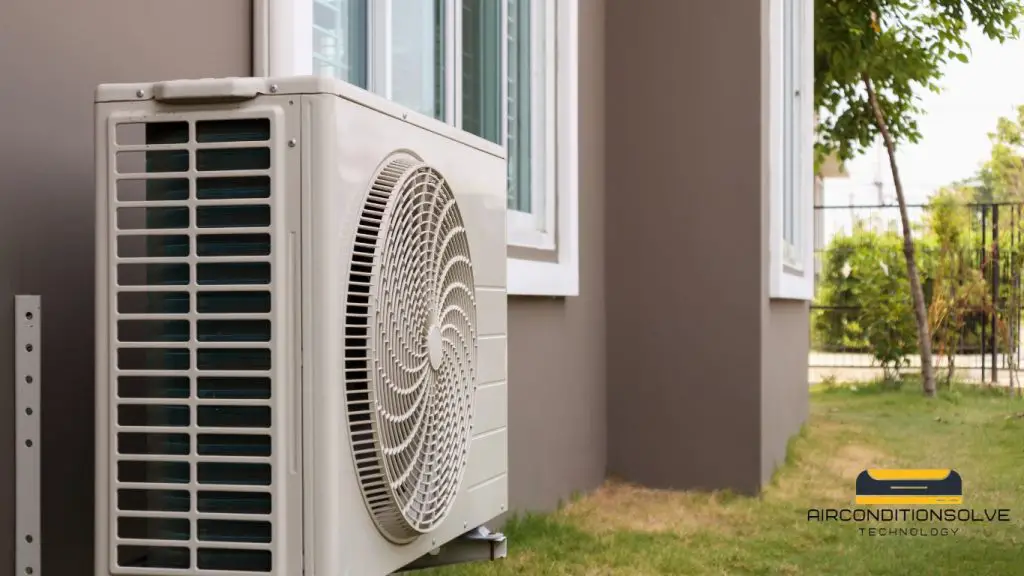
Steps To Troubleshoot an Ac Compressor
When your AC compressor fails to turn on, it can be frustrating, especially during hot summer months. However, troubleshooting the issue can help you identify and resolve the problem quickly. In this section, we will guide you through the steps to troubleshoot your AC compressor effectively.
Precautions Before Troubleshooting
Before you start troubleshooting your AC compressor, it is important to take certain precautions to ensure your safety and avoid further damage to the system. Follow these steps:
- Turn off the power supply to the AC unit by switching off the circuit breaker.
- Wait for a few minutes to allow the electrical charge to dissipate.
- Put on safety gloves and goggles to protect yourself from any hazards.
- Inspect the area around the AC unit for any potential dangers, such as loose wires or flammable materials.
Checking Electrical Connections And Power Supply
The first step in troubleshooting an AC compressor is to check the electrical connections and power supply. Follow these steps:
- Inspect the power cord for any signs of damage, such as frayed wires or burn marks. If you notice any issues, replace the power cord.
- Verify that the circuit breaker is in the “on” position. If it has tripped, switch it off and then back on again.
- Check the AC unit’s power switch, normally located near the outdoor compressor unit, and ensure it is turned on.
- Inspect the wiring connections at the thermostat, indoor unit, and outdoor unit to ensure they are secure and not loose.
- Use a multimeter to test the power supply at the outlet to confirm voltage.
Testing The Compressor For Proper Functionality
If the electrical connections and power supply are functioning correctly, the next step is to test the compressor for proper functionality. Follow these steps:
- Turn on the AC unit and set it to the lowest temperature.
- After a few minutes, go outside and listen for any unusual noises, such as humming or buzzing, coming from the compressor unit.
- Feel the copper refrigerant lines leading into the compressor. If they’re cold and sweating, it indicates that the compressor is running properly.
- If the compressor is not running, check the capacitor or contactor for any signs of damage or wear. Replace them if necessary.
- If you are unsure about the technical aspects of testing the compressor, contact a professional HVAC technician for further assistance.
By following these steps, you can effectively troubleshoot your AC compressor and potentially resolve the issue. Remember to exercise caution and consult a professional if needed. Stay cool and comfortable!
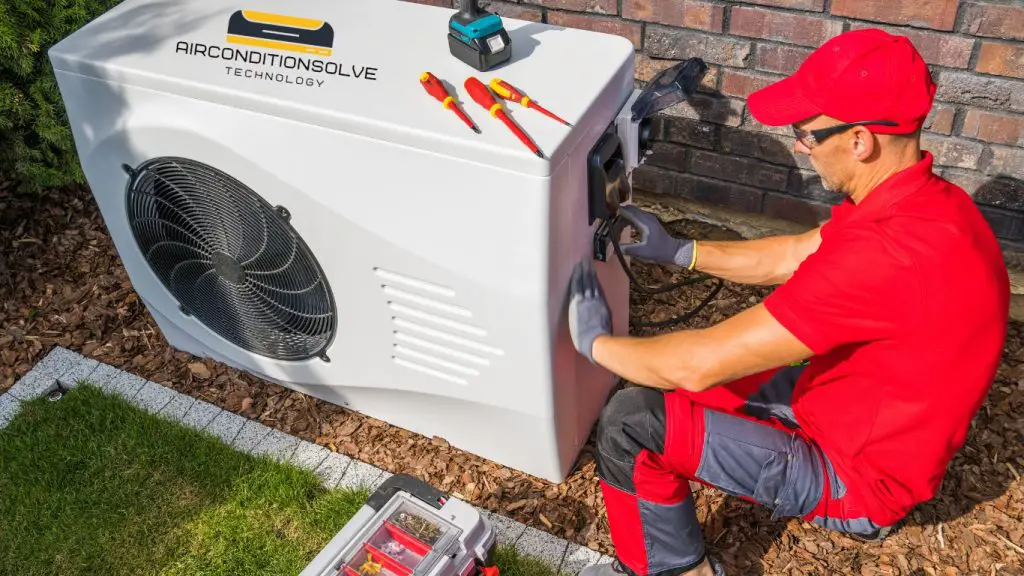
Common Ac Compressor Problems And Solutions
In this section, we will explore some common AC compressor problems and their solutions. The AC compressor is an essential component of your air conditioning system, responsible for compressing refrigerant and distributing cool air throughout your space. However, like any mechanical device, it can encounter issues that may prevent it from turning on properly. By understanding potential problems and their solutions, you can troubleshoot and resolve minor issues on your own or determine when it’s time to replace the AC compressor.
Identifying Potential Problems With The Compressor
If your AC compressor is not turning on, there are several potential problems you can check for:
- Electrical issues: Check if there are any blown fuses or tripped circuit breakers. Ensure that the compressor is receiving power by checking the electrical connections.
- Thermostat problems: Make sure the thermostat is set to the appropriate temperature and mode. A faulty thermostat can prevent the compressor from turning on.
- Low refrigerant levels: Insufficient refrigerant can cause the compressor to malfunction. Check for any refrigerant leaks, which can be identified by hissing sounds or oil spots near the unit.
- Blocked condenser coil: Debris, dirt, or dust can accumulate on the condenser coil, obstructing airflow and causing the compressor to overheat. Regular cleaning or professional maintenance can prevent this issue.
- Failed capacitor: The capacitor provides the initial boost of electrical power required to start the compressor. A faulty capacitor can prevent the compressor from turning on.
Fixing Minor Issues Such As Leaks Or Blockages
If you identify minor issues that are preventing your AC compressor from turning on, you can attempt to fix them yourself:
- Refrigerant leaks: If you notice refrigerant leaks, it is crucial to address them promptly. Contact a professional HVAC technician to handle refrigerant leaks and recharge the system with the appropriate amount of refrigerant.
- Condenser coil blockages: Use a soft brush or a vacuum cleaner with a brush attachment to gently remove debris or dirt from the condenser coil. Be cautious not to damage the delicate fins while cleaning.
- Capacitor replacement: If the capacitor is faulty, it will need to be replaced. Ensure you have the proper tools and knowledge, or consult a professional technician to handle the replacement process safely.
When To Consider Replacing The Ac Compressor
While some AC compressor issues can be resolved with minor repairs, there are instances when replacing the compressor is necessary:
- Excessive wear and tear: If your compressor is old and has undergone extensive wear and tear, it may be more cost-effective to replace it rather than repeatedly repairing minor issues.
- Severe damage or failure: If the compressor experiences severe damage or completely fails, replacement may be the only viable option.
- Inefficiency: If your AC compressor is no longer efficient and struggles to keep your space cool, upgrading to a new, energy-efficient model may be a better solution in the long run.
By identifying potential problems with the AC compressor, solving minor issues, and knowing when to consider replacement, you can tackle AC compressor problems effectively. Whether you decide to troubleshoot and resolve minor issues yourself or seek professional assistance, ensuring proper functioning of your AC compressor is crucial in maintaining a cool and comfortable environment.
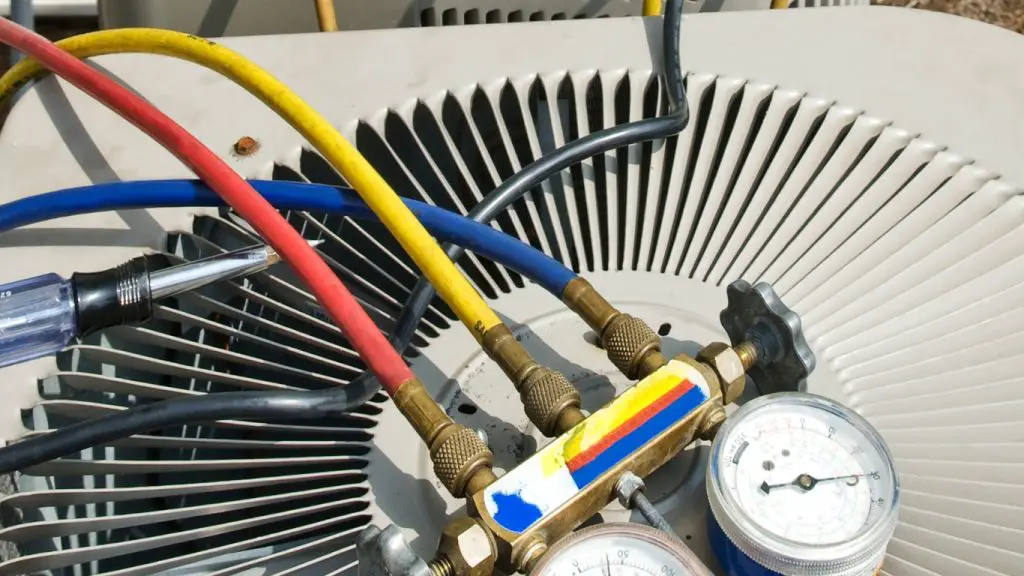
Maintenance Tips For A Healthy Ac Compressor
One of the most important steps in ensuring the optimal performance and longevity of your AC compressor is to follow regular cleaning and maintenance practices. By keeping your compressor clean and free from debris, you can prevent potential issues and improve its overall efficiency.
To get started with regular cleaning, make sure to:
- Clean or replace the air filters every 1-2 months to prevent dust and dirt buildup that can obstruct airflow.
- Clean the outdoor unit regularly by removing any leaves, grass clippings, or other debris that may have accumulated around it. This will help maintain proper airflow.
- Inspect the ductwork for any leaks or gaps and seal them promptly to ensure maximum efficiency.
- Check the condensate drain line for clogs and ensure it is clear to prevent water damage and the growth of mold or mildew.
While regular cleaning and maintenance practices are crucial, it is also essential to seek professional help for regular inspections and servicing. Professional HVAC technicians have the expertise to identify underlying issues that may not be apparent to the untrained eye. Their thorough inspections can help detect problems at an early stage, preventing major breakdowns and costly repairs.
To ensure your AC compressor stays in top shape, consider the following:
- Schedule annual inspections with a certified HVAC technician to check for refrigerant leaks, electrical connections, and overall system performance.
- Regularly schedule professional coil cleaning to remove dirt and debris buildup, ensuring optimal heat exchange efficiency.
- During servicing, ask the technician to check and adjust the compressor’s refrigerant levels to maintain the manufacturer’s recommended specifications.
By taking proactive measures, you can significantly extend the lifespan of your AC compressor while enjoying efficient cooling throughout the year. Here are a few additional tips:
- Ensure proper insulation and sealing of your home to minimize heat transfer and reduce the load on your AC compressor.
- Use programmable thermostats to regulate temperature settings and avoid unnecessary strain on the compressor.
- Avoid blocking the vents and make sure they are clean and unobstructed.
- Consider installing a surge protector to safeguard the compressor from power surges that can cause damage.
By following these maintenance tips and relying on professional inspections and servicing, you can keep your AC compressor running smoothly while prolonging its lifespan. Remember, a healthy AC compressor not only ensures a comfortable indoor environment but also helps you save on energy costs.
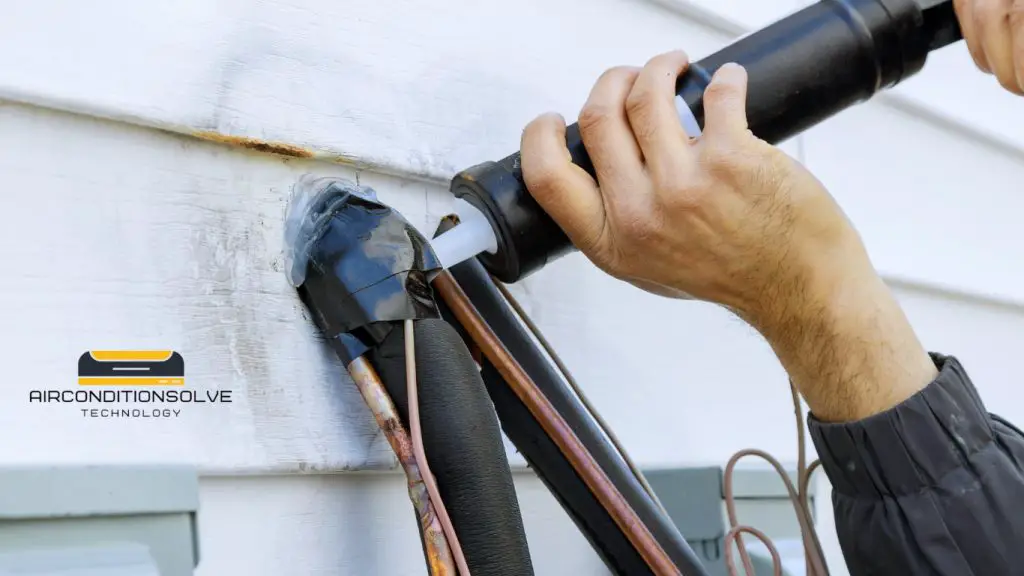
Frequently Asked Questions Of Troubleshoot Ac Compressor Not Turning On
Why Is My Ac Compressor Not Turning On?
The AC compressor may not turn on due to a faulty thermostat, low refrigerant levels, a blown fuse, a defective control board, or a malfunctioning compressor clutch. It is best to hire a professional technician to diagnose and fix the issue.
How Can I Troubleshoot My Ac Compressor Not Turning On?
First, check the thermostat settings and replace the batteries if necessary. Ensure that the circuit breaker is not tripped and the fuse is intact. If these are not the issue, check the refrigerant levels and inspect the compressor clutch. If all else fails, seek professional HVAC assistance.
What Causes A Compressor To Stop Working?
There are several potential causes for a compressor to stop working, including an electrical problem, a faulty motor, a refrigerant leak, a clogged air filter, or a malfunctioning control board. It is important to have a trained professional diagnose and address the specific issue to ensure proper repair.
Can A Bad Capacitor Cause An Ac Compressor Not To Start?
Yes, a faulty capacitor can prevent the AC compressor from starting. The capacitor provides an electrical boost to start the motor. If the capacitor is defective or weak, it may not provide enough power for the compressor to start. Consult a professional HVAC technician to diagnose and replace the capacitor if necessary.
Conclusion
To troubleshoot a non-turning AC compressor, try checking the power supply, thermostat settings, and circuit breakers. Additionally, inspect the wiring connections and ensure there are no issues with the capacitor or contactor. Regular maintenance and cleaning also play a crucial role in AC performance.
By following these steps, you can identify and resolve the problem, ensuring your AC runs efficiently and keeps you cool during hot summer days. So, don’t let a malfunctioning compressor ruin your comfort, take action now!

